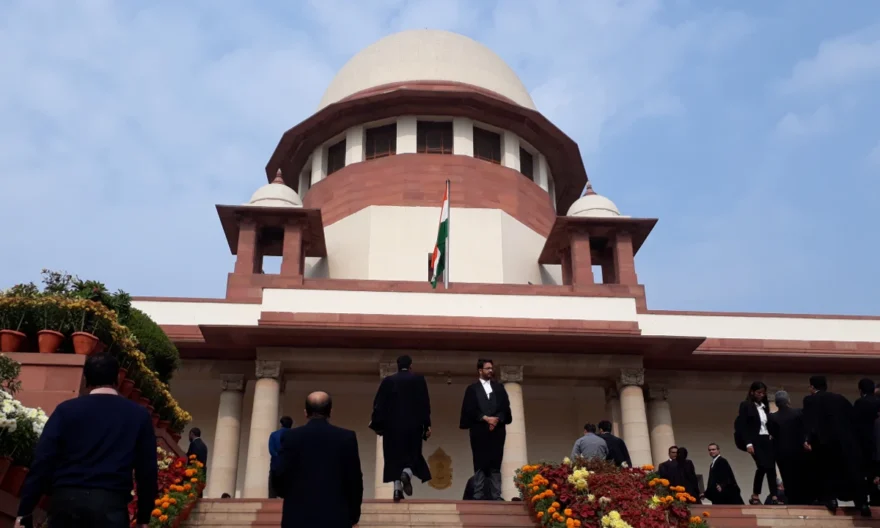
A seven-judge bench has been constituted to hear the ‘Cash for Vote’ Case, namely Sita Soren vs Government of India. This bench will comprised of Chief Justice DY Chandrachud, Justice A.S. Bopanna, Justice M.M. Sundaresh, Justice Pamidighanatam Sri Narasimha, Justice J.B. Pardiwala, Justice Sanjay Kumar, and Justice Manoj Mishra. The Registrar of the Supreme Court issued a notification regarding this development on the evening of September 25th. The Hearing will commence on 4th October 2023.
In a previous ruling in the 1998 P.V. Narasimha Rao case, a five-judge bench had established the immunity enjoyed by elected representatives in such matters. However, another five-judge bench, led by Chief Justice of India D.Y. Chandrachud on September 20th, referred the case to a seven-judge bench, highlighting its connection to public morality. This decision disregarded the opinions of Attorney-General R. Venkataramani and senior advocate Raju Ramachandran, who were representing JMM leader Sita Soren and argued that a larger bench was unnecessary.
The origin of this matter dates back to a reference made in 2019 by a three-judge bench consisting of then CJI Ranjan Gogoi and Justices P.C. Pant and A.M. Khanwilkar, which sought the reconsideration of the 1998 verdict by a seven-judge bench.
Attorney-General Venkataramani and Ramachandran contended that the case involving Sita Soren did not revolve around constitutional law and could be resolved by a three-judge bench based on the case’s factual details.
Sita had appealed against a Jharkhand High Court decision that dismissed her plea challenging her criminal prosecution by the CBI. The CBI had charged her in 2012 for accepting a bribe as a legislator in exchange for her vote in a Rajya Sabha election.
Amicus curiae and senior advocate P.S. Patwalia, along with senior advocate Gopal Sankaranarayan, supported the request for the matter to be referred to a seven-judge constitution bench. They argued that MPs and MLAs should not be granted a higher level of immunity from prosecution for corruption compared to the general public.
Chief Justice Chandrachud emphasized the involvement of public morality in the conduct of elected representatives and stated that a decision on this matter should not be postponed indefinitely.
The bench, which included Justices A.S. Bopanna, M.M. Sundresh, J.B. Pardiwala, and Manoj Mishra, collectively concurred that the correctness of the judgment in P.V. Narasimha Rao vs State needed to be re-evaluated by a seven-judge bench. Articles 105(2) and 194(2) of the Constitution provide lawmakers with immunity for actions taken in the course of their legislative duties.




